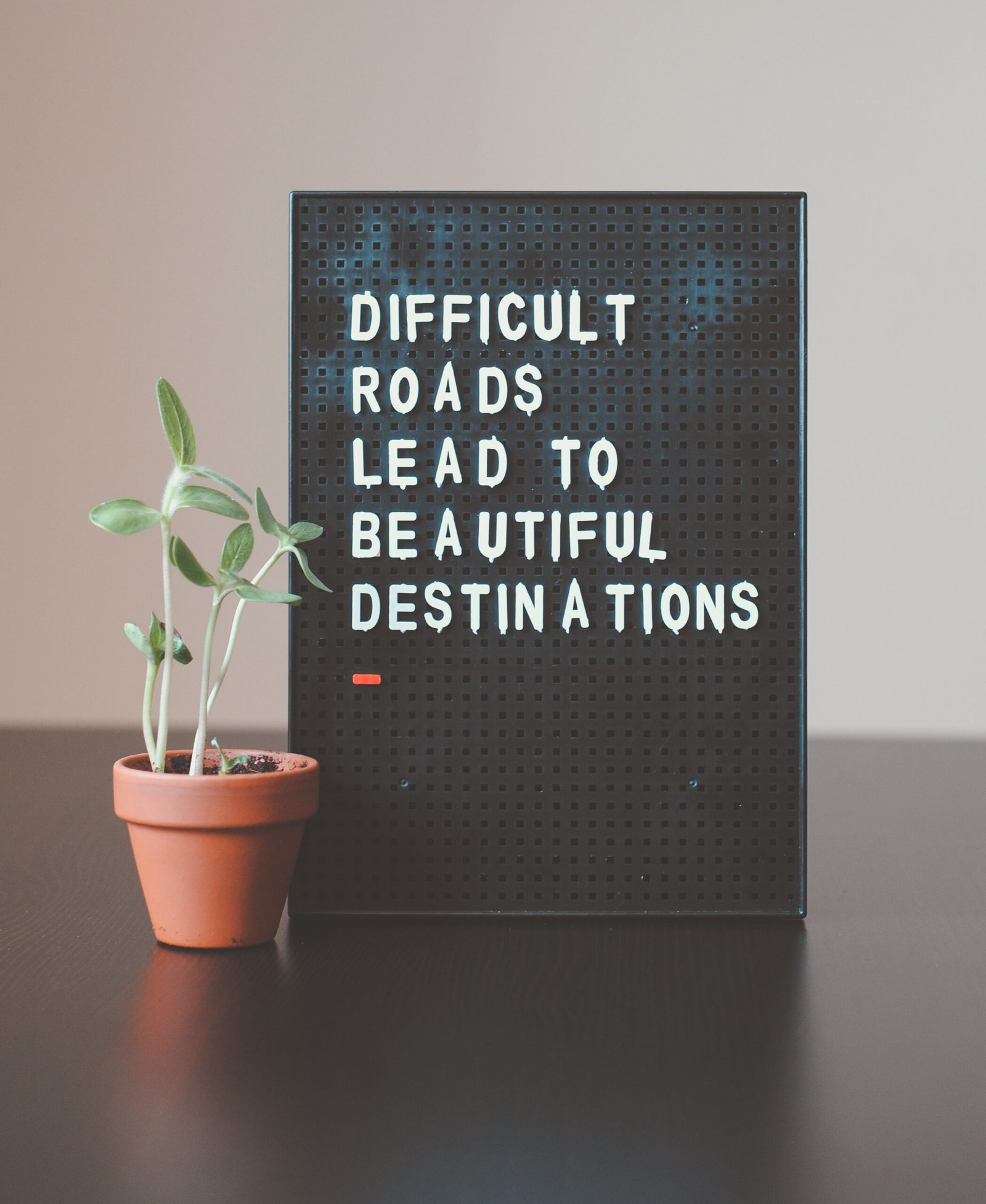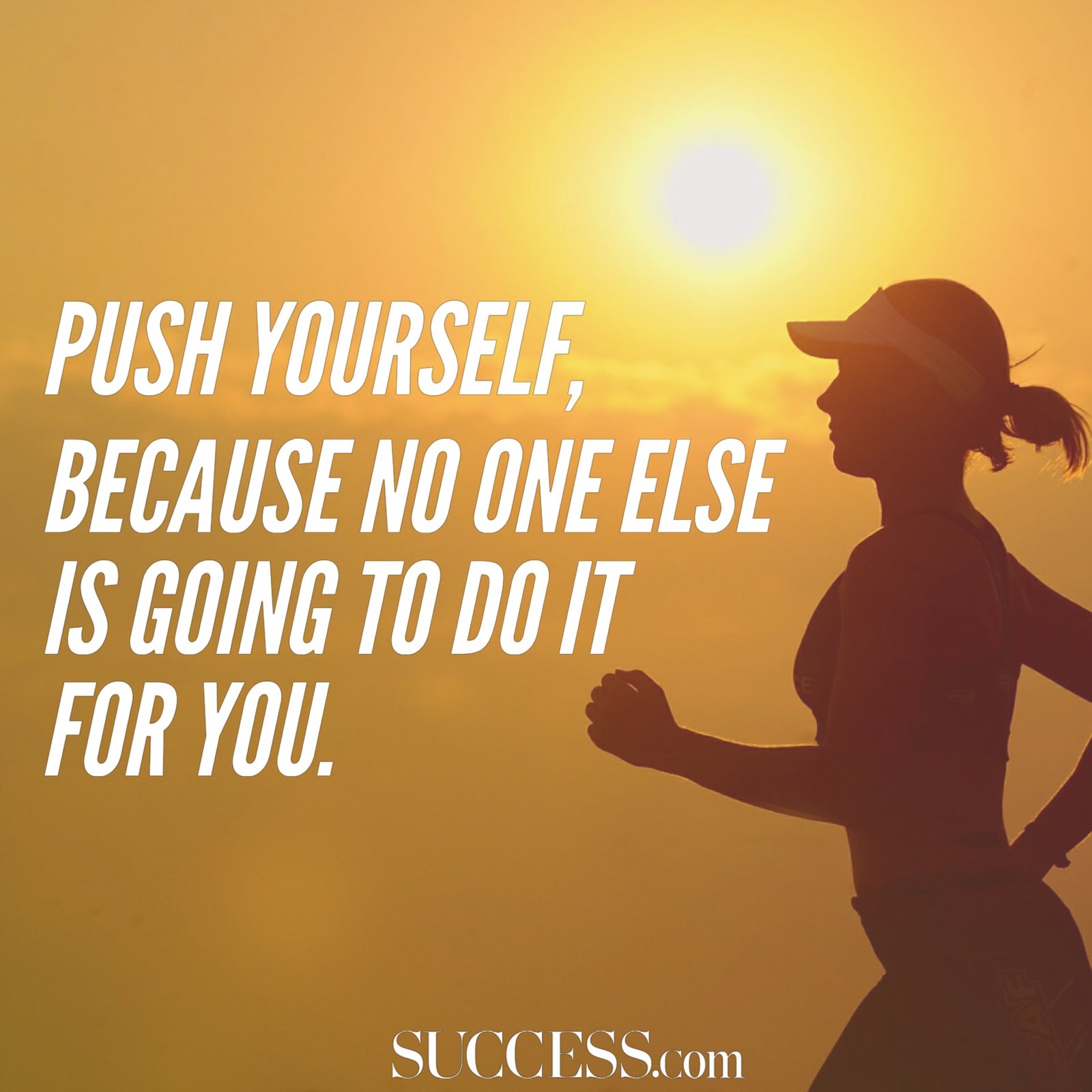How to maintain mental wellbeing during COVID

By Dr. Test User

Mental wellbeing during COVID: what is it? How to maintain it?
No one expected that a single outbreak of a “pneumonia-like” disease in Wuhan, China that was reported on December 31, 2019, by the World Health Organization Country Office in China would rapidly result in a global pandemic affecting different nations worldwide. No one has foreseen the emergence of a novel coronavirus and the vast damage it has brought to the world.
Through the efforts of the World Health Organization (WHO) and the Center for Disease Control and Prevention (CDC), it was found that the outbreak was caused by SARS-CoV-2, a novel coronavirus that is primarily transmitted through respiratory droplets and can cause severe respiratory damage leading to other complications. However, since the virus is newly discovered, all aspects of transmission, screening, treatment, diagnosis, and management have to start from scratch. And because of the severity of the effects of the disease; rapid increase of cases and deaths in different countries; and the lack of data for proper action and management, COVID-19 was then declared by WHO as a global pandemic in March 11, 2020.
As there is still no vaccine available at this time, data from WHO as of July 20, 2020, presents that there are already 14, 043, 176 confirmed cases globally; 597, 583 deaths globally; and 216 countries, areas or territories affected by COVID-19. From the time the outbreak was reported, local and national health authorities worked together to reduce the burden of morbidity and mortality by implementing actions to prevent transmission of the virus such as frequent hand washing, wearing of a mask, social distancing, and community quarantines. However, amidst the efforts of everyone to follow these preventive actions, there is no denying that the damage caused by COVID-19 is not just limited to physical health but has also negatively affected mental health, emotional health, and economy.
What is Mental health?
Everybody gladly welcomed the coming of the New Year 2020 and excitedly envisioned new beginnings, greater dreams, more opportunities, and better health. But everything was halted by the COVID-19 pandemic and life dramatically changed everything. It has changed your lifestyle, your daily routine, your social connections, financial status, and even your perspectives. Along with these drastic changes, are unforeseen effects that affected your emotional and mental health.
According to WHO, “Mental health is a state of well-being in which an individual realizes his or her abilities, can cope with the normal stresses of life, can work productively, and can make a contribution to his or her community.” Mental health does not just mean the absence of mental illness, rather emphasizes how you perceive and respond to the daily stress that you face each day. It involves the totality of your cognitive, emotional, and behavioral response and well-being despite the different life challenges.

Mental Health and COVID
COVID-19 pandemic forced everyone to redefine normal to what we call now as “new normal” bringing changes in different aspects of life. Though the change affected everyone, the level of these effects, and how they are perceived is varied and relative for each individual.
While there is still no cure for the disease, you might be placed in positions that caused you to worry about your health and your family’s health. You might be depressed because of the sudden loss of jobs and loss of personal connections to people. And because of the threat of uncertainty in different areas of life, it is but normal to experience heightened fear, loneliness, anxiety, breakdowns, exhaustion, and stress. However, these changes must challenge you to respond positively in such ways to avoid mental and emotional health problems.
How to maintain Mental health During COVID times.
Reducing or eliminating things or events that trigger your stress and anxiety can be very helpful to maintain your mental health and help you cope up with the pandemic. Here are practical ways that you can do:
Maintain your daily routine
The sudden change in your schedule may have caused chaos in your daily routine. When you instantly transform from a busy-bee to a lazy cat just lying on your couch or bed the whole day, you will feel unproductive at the end of the day. If you used to work in a busy office following a certain time frame and now you are working from home and you get to choose when to work and when to play, you might feel less motivated along the way. If you currently shifted to working from home or have lost your job and you are now the boss of your time, it is wise to still maintain your daily routine. Wake up, sleep, and eat your meals on time. Train yourself to follow your daily routine so you can achieve your goals for the day. If you don't keep a schedule, you might just lazy around the whole day and nothing will get done. A planner can help you keep track of your schedule, so you should get one.
Limit social media exposure
Since the COVID-19 was declared a pandemic, the local and the national government declared closures of establishments and resorted to home quarantine procedures to minimize socialization and reduce the spread of the virus. Since we are social human beings, and we need to connect, social media is one of our tools to still build a connection to people and get updates with what is going on with the lives of people whom we don't see anymore. You can connect to people through Facebook, Instagram, Twitter, and other social media apps, and they provide unlimited opportunities for you to know the trend, share your life, witness changes, and be updated with the current news regarding COVID-19. However, depending on how wise you take it, the more you expose yourself to social media, the more opportunity you create for anxiety, pressure, worry, insecurity, and fear because the information you see is not filtered at all, and they can either be truth or lies that can exaggerate the impression and effect of this global pandemic. A study conducted by UC Irvine's Roxy Silver found that an excess of news and visual images about a traumatic event can create symptoms of post-traumatic stress disorder and poor health. Try setting a certain time that you can follow for your social media exposure, and strictly follow it once in the morning and once before dinner for thirty minutes only. Don't do it before bedtime, as it might cause you uneasiness and anxiety leading to lack of sleep. If you don’t set a time, sometimes a five-minute screen time can lead to an hour or two without you realizing it.
Keep yourself busy
Keeping yourself busy amidst the pandemic is very crucial because it can either be “productive-busy” or “wasteful-busy.” If you are busy improving something like yourself, your home, or accomplishing your assigned work task, then that is productive-busy. However, if you are just lying in bed or on the couch keeping yourself busy with your screen, then that is a wasteful-busy especially if you are just scrolling without a purpose. Remember, you can make use of your screen time to be productive through learning free online courses and be busy about it. You can also be busy by doing things you can't do before such as gardening, cleaning storage rooms, redesigning the interior of your home, write a book or go back to that old hobby and reignite your passion. This way, your mind will be preoccupied with more important things than anxiety, stress, mental breakdown, fear, and worry.
Stay on the positive side
Remember how people tell you when you were young “Trash in, trash out?” That is exactly what you need to remember during this overwhelming time of the pandemic. What you feed your mind is what you will live by. If you will always have negative thoughts such as fear of having the disease, fear of dying, and worrying about the unknown, then your daily life will just be about survival. Although there is a continuous increase in the number of confirmed cases and deaths, and there is no available cure yet, choose to stay on the positive side. You can write positive thoughts and words of hope and encouragement in sticky notes and place them on your walls or places that are accessible to you. You can also speak positive words to yourself and to people you encounter.
Learn a new hobby or skill
It’s never too late to learn and set a new dream. You can start with the easiest and less demanding hobbies such as establishing a succulent garden, food preservation skills, cooking easy 5-minute meals, making thread bracelets, knitting, baking, making tea infusions, and many more. The possibilities are limitless for you. Research shows that hobbies can reduce stress, low mood, and depression. If you engage yourself in a new learning opportunity, you are training your brain to think more. Besides, you are spending your spare time on something that you enjoy which serves as your break or escape from your daily routine leading to the improvement of your mental health and wellbeing.
Don’t disconnect. Provide and accept social support by video, phone, or text
Many people think that sharing your thoughts and experiences with others will just add up to their existing burden. Think of it more as carrying each other's burden more than unloading it to others. Remember, you are physically distanced, but still socially connected. You make connections possible through video calls using Zoom, messenger and face app; text messages; chats; phone calls, or emails. You create a social circle who have your best interest at heart and whom you are most comfortable with and try to do things together such as eating together on-screen even if you're on different locations, playing a game of charade while on zoom, singing a song together in face app, or simply talking to each other through group video calls. These activities will provide opportunities for you to identify with others and realize that you may share the same thoughts of anxiety, fear, and stress and eventually learn to help each other cope with the pandemic.
Use online consultations and Tele-health
Since the lockdown in different areas was implemented, the delivery of medical services deviated from face to face consultations to online consultations except for cases that need immediate medical attention. Tele-health services seek to provide care to patients while minimizing the direct contact of patients with healthcare staff and facilities to reduce virus exposure and transmission through the utilization of phone. There are different ways on how Telehealth or Telemental health services can be provided. The patient and the doctor can have a real-time telephone or live video interaction (synchronous modality); or assessment of patient condition can be done through messages, images, or collected data that are stored, forwarded and interpreted at a certain time (asynchronous modality); or through direct delivery of a patient’s clinical results from a remote area to the doctor (remote patient monitoring). Tele-health is a strategy that intensifies the efforts of healthcare providers to contain the virus, reduce unnecessary transmission, prevent the surge of patients in the hospital, prevents delayed care, promote social distancing, and bridges the gap for remote care where physical health facilities are difficult to access. In Australia and China, telemental health services were prioritized to high-risk groups such as health practitioners and policemen, as well as patients in remote areas. You can resort to using Telehealth services that are created by healthcare practitioners in your locality. This will lessen your anxiety about being exposed to the virus since you do not need to go to the hospital. Through useful communication methods such as videoconferencing, online forums, smartphone apps, text messaging, and e-mails, the delivery of mental health services were not halted and therefore addressed traumatic effects of the COVID-19 pandemic such as depression, anxiety, and stress. You can also utilize online applications that help you avoid mental breakdowns such as What's Up, MoodKit, Mindshift, Happify, and many more.
Pursue fitness
Keeping yourself healthy is the first step to keep your mind healthy. According to a study published in Psychiatric Mental Health Nursing Journal, exercise can improve mental health through the reduction of anxiety, depression, and negative mood. It also improves self-esteem and cognitive functions as well as prevents low self-esteem and social withdrawal. The effects of exercising can be attributed to more oxygen supply due to exercise-induced increase in blood circulation to the brain. Even if you stay at home because of the pandemic, you can still pursue fitness by using uploaded fitness videos as your guide. Just make sure to set a certain schedule to keep you motivated. You can also use a fitness tracker to remind you of your daily fitness achievements. You can also take part in social media's fitness challenge like the "25-day push-up challenge" that raises awareness of suicide and depression and aims to win it over through fitness especially when you are faced with the bad effects of the COVID-19 pandemic.
Relax and recharge.
The unprecedented events from the COVID-19 pandemic caused rapid changes that affected our lives in small and big ways. There was a total change of lifestyle. To avoid unnecessary overthinking, panic, anxiety, and stress, it is important to recharge and relax for a while. The simplest and easiest way to do that is to sleep well. In a study conducted by Babson et al., it was found that acute sleep deprivation increased anxiety and stress levels in healthy adults. Find ways so you can sleep better such as using essential oils, scented candles, comfortable pillows, mellow music, and most importantly do not bring your phone in bed to limit screen time. Having enough sleep makes your mind and body ready for the challenges of the next day.
Eat home-cooked healthy meals
If there is one positive effect of the COVID-19 pandemic, it's the fact that people are forced to turn to backyard gardening for hobby and food supply. The home quarantine procedure may have reduced your dependency to fast food chains for your daily food that are considered unhealthy. If you are working from home, it means you can enjoy delicious and healthy home-cooked meals. There are a lot of easy recipes for home-cooked meals that you can find on the internet for free. Choose healthy ingredients that can help your body to function properly such as vegetables, meat, fish, olive oil, and fruits. This is also the perfect time to prepare homemade products instead of buying commercial ones such as mayonnaise, apple cider vinegar, beer, cheese, yogurt, pasta, jams, tofu, chips, and many more. Homemade food products are more healthy, free from chemicals, and more delicious. In a study conducted by Professor Suzanne Dickson, found that poor diet worsens mood disorders, including anxiety and depression.
Work well from home by setting boundaries and territories
If you are used to working in your office cubicle, then suddenly shifted to a home-based job, mimic your office work station and create your work station at home. Select a certain space in your house that can be used as your work station. This is very important, as it will set your mood and motivate you to be alert and productive. Setting up your work station at home is like setting a boundary and territory for work and not for play, which will allow you to get the work done. Make your workstation as inviting as possible by designing a DIY cubicle, adding organizers on our table, adding green plants or succulent, and a coffee station nearby. Remember, if at the end of the day, you achieved your goals, your mind will be free from anxiety, worry, and overthinking due to unfinished tasks. If you bring your work in bed or on the couch, you will never be able to finish a task because your body would choose to dwell in the comfort that is freely given by your bed and couch. Other things that you can do include using noise cancelling headphones or earbuds, having a regular check-in with a colleague or supervisor, putting out work tools after work, and separating things for work from personal things.














Leave a Comment